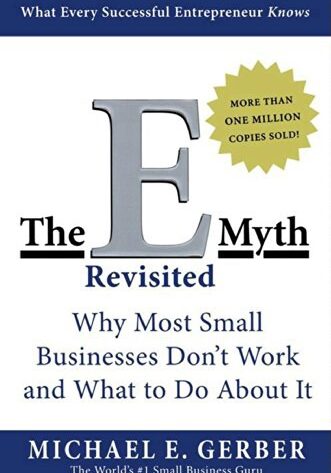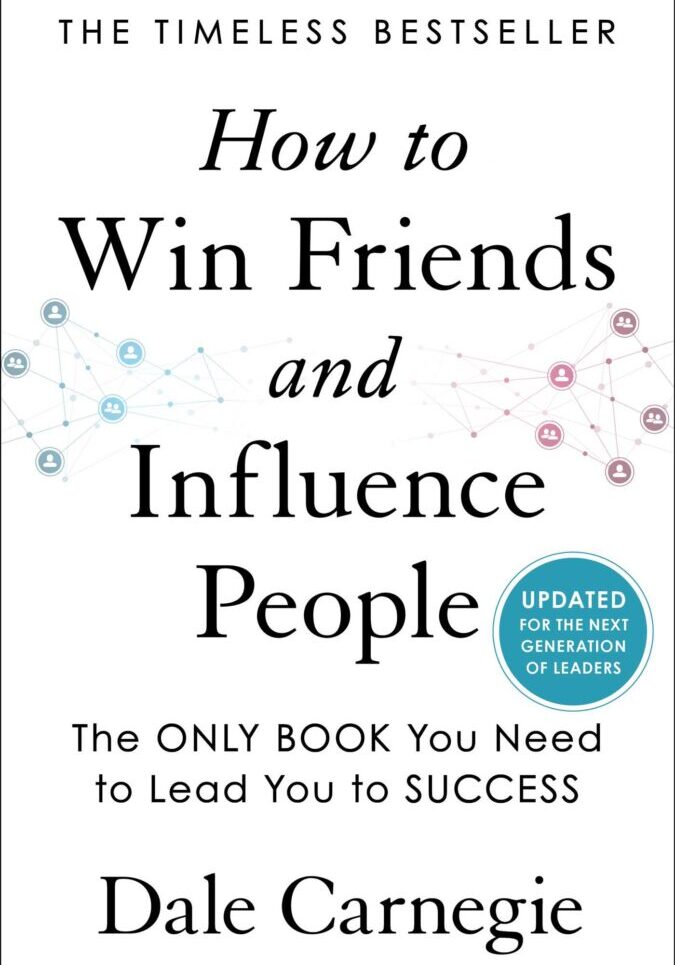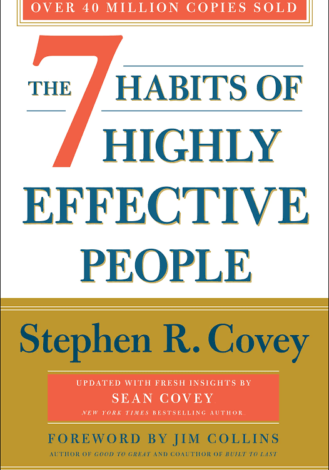Introduction
Mindfulness is a mental state achieved by focusing one's awareness on the present moment, calmly acknowledging and accepting one's feelings, thoughts, and bodily sensations. It's often used as a therapeutic technique and is deeply connected with meditation practices. Whether you're new to mindfulness or looking to deepen your understanding, this post will provide a comprehensive insight into what mindfulness is, its benefits, and how you can incorporate it into your daily life.
Definition
Understanding the Present Moment: Mindfulness encourages being fully present in the moment, not lost in thought or distracted by external influences. By practicing mindfulness, you can learn to engage fully with your surroundings, appreciating the here and now. This fosters a deeper connection to yourself and the world around you, enhancing both mental and emotional well-being.
Non-Judgmental Awareness: A key component of mindfulness is observing thoughts and feelings without judgment. By cultivating a non-judgmental stance, you can learn to accept your thoughts and emotions without labeling them as "good" or "bad." This promotes self-acceptance and reduces negative self-talk, leading to a more balanced mental state.
Connection to Self: Mindfulness helps in fostering a deeper connection to yourself, allowing you to understand your needs, desires, and emotions on a more profound level. This self-awareness can lead to personal growth, better decision-making, and a stronger sense of self-worth.
Benefits
Reduces Stress: Mindfulness techniques have been shown to reduce stress by promoting relaxation and helping individuals cope with daily pressures. By focusing on the present and letting go of future worries, the mind can rest, reducing anxiety and tension.
Improves Mental Health: Regular mindfulness practice can lead to improvements in mental health, including a reduction in symptoms of depression and anxiety disorders. Mindfulness emphasizes self-care and self-awareness, crucial elements in maintaining mental well-being.
Enhances Physical Health: Mindfulness isn’t only beneficial to the mind; it can also have positive effects on physical health. Studies have shown that mindfulness can reduce chronic pain, lower blood pressure, and improve sleep quality by promoting a holistic approach to body care.
Boosts Emotional Intelligence: Mindfulness increases emotional intelligence by enhancing empathy and self-regulation. By understanding and controlling your emotions, you can build better relationships, make wiser decisions, and navigate life's ups and downs with grace.
Techniques
Breath Awareness: Focusing on your breath is a common mindfulness technique. By concentrating on each inhalation and exhalation, you can anchor yourself in the present moment. This practice is easily accessible and can be done anywhere, providing instant calm and clarity.
Body Scan: The body scan technique involves mentally scanning your body from head to toe, observing sensations, tensions, or discomfort. This promotes a deep connection with your physical self and can reveal underlying stress or emotional blocks.
Mindful Eating: Mindful eating encourages paying full attention to the experience of eating, savoring each bite, and appreciating the flavors, textures, and aromas. It promotes healthier eating habits and a more enjoyable dining experience.
Walking Meditation: Combining physical activity with mindfulness, walking meditation emphasizes full awareness of each step, syncing the mind with the body. It can transform an ordinary walk into a tranquil, refreshing experience.
Conclusion
Mindfulness is more than a buzzword; it’s a way of life that can bring about profound changes in your mental, emotional, and physical well-being. With practice, mindfulness can be a powerful tool to enhance your quality of life and help you navigate the complexities of the modern world with grace and wisdom.



























